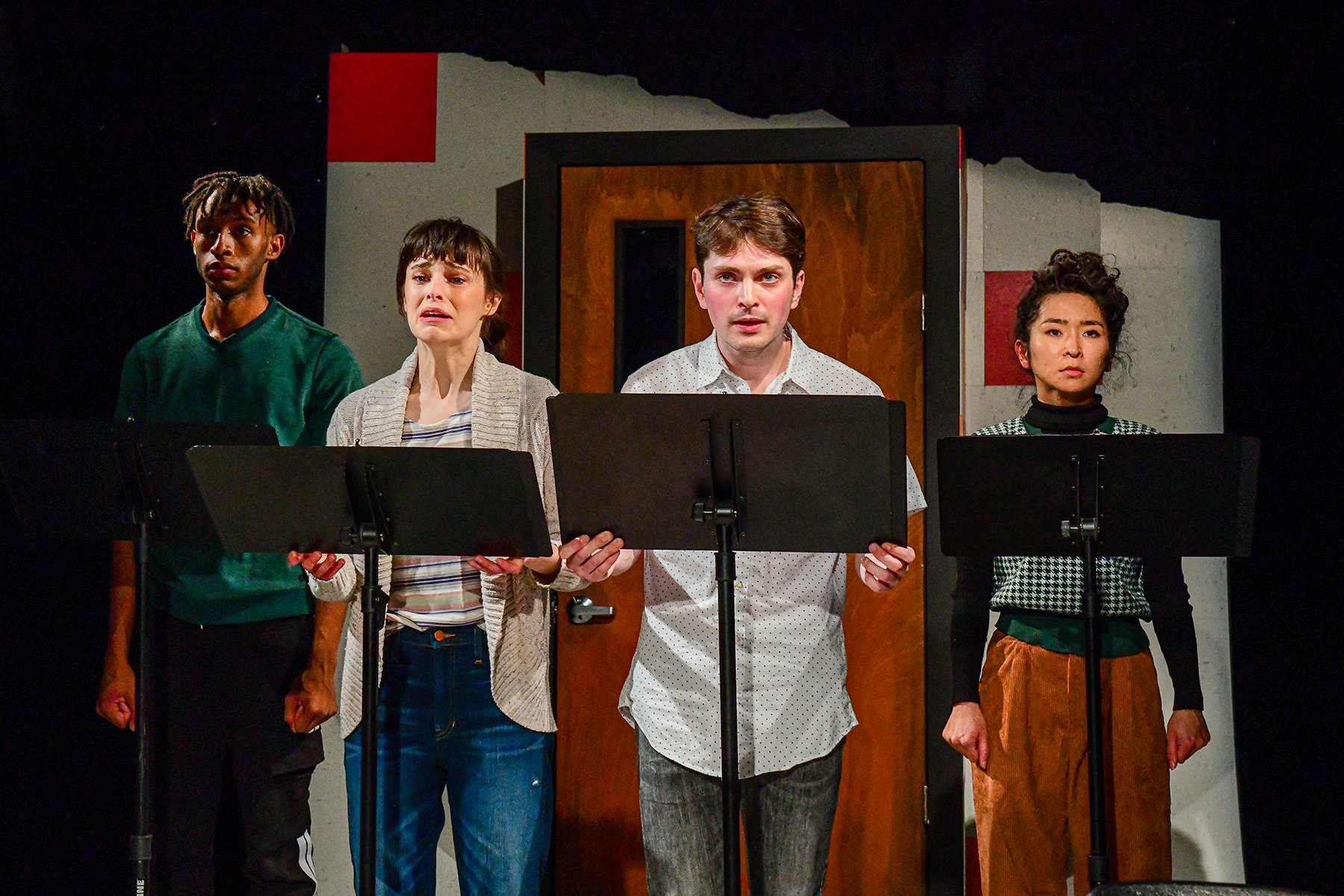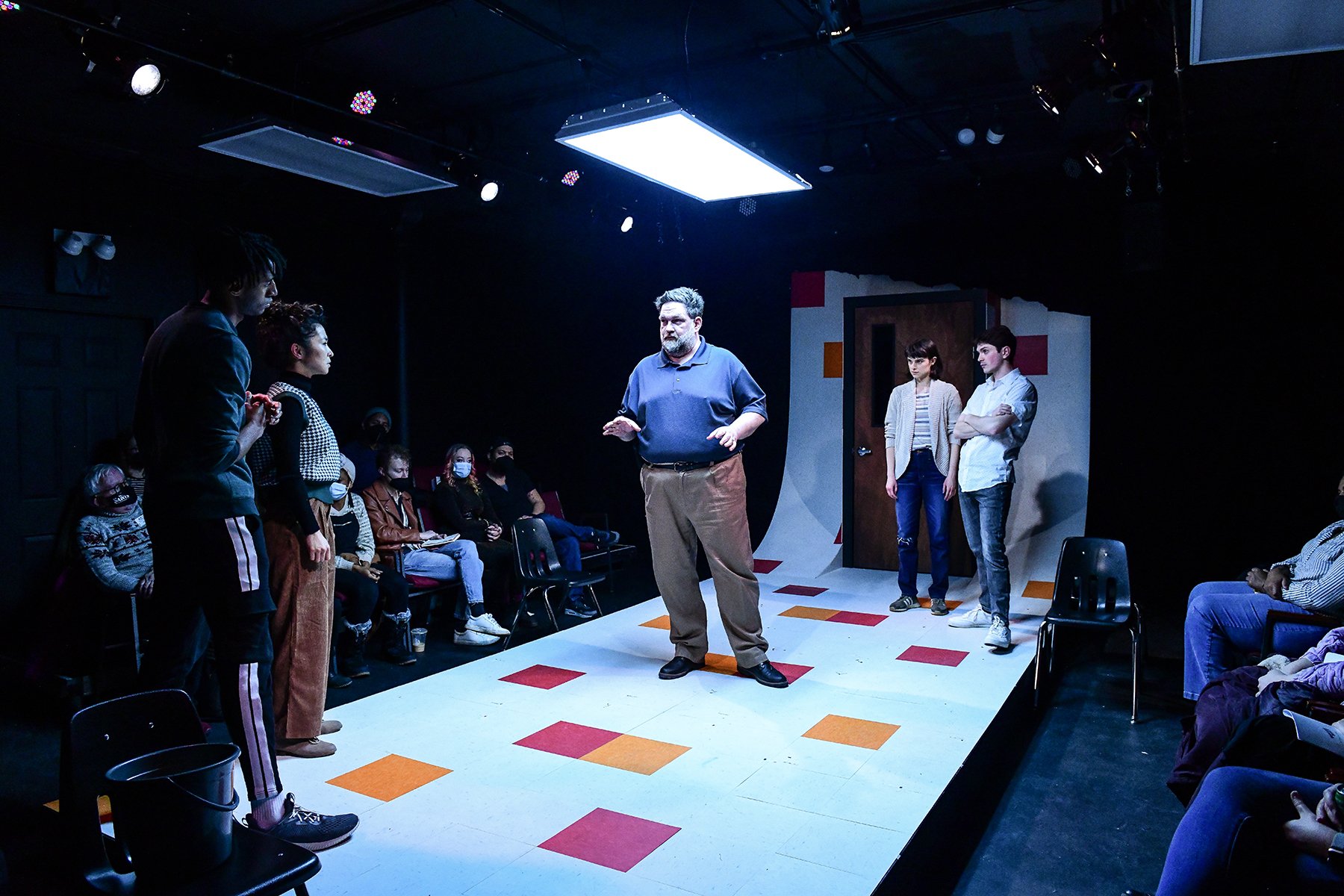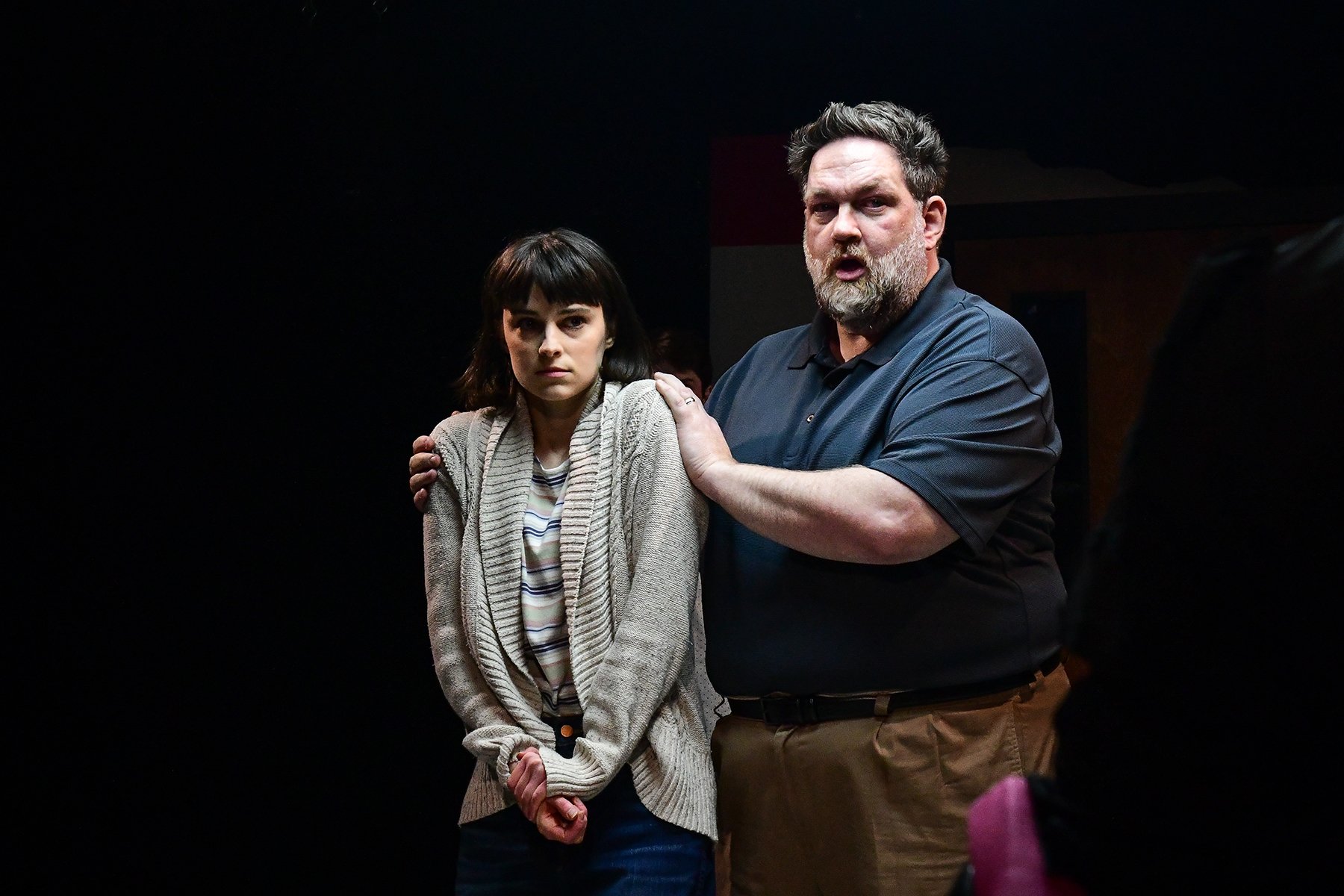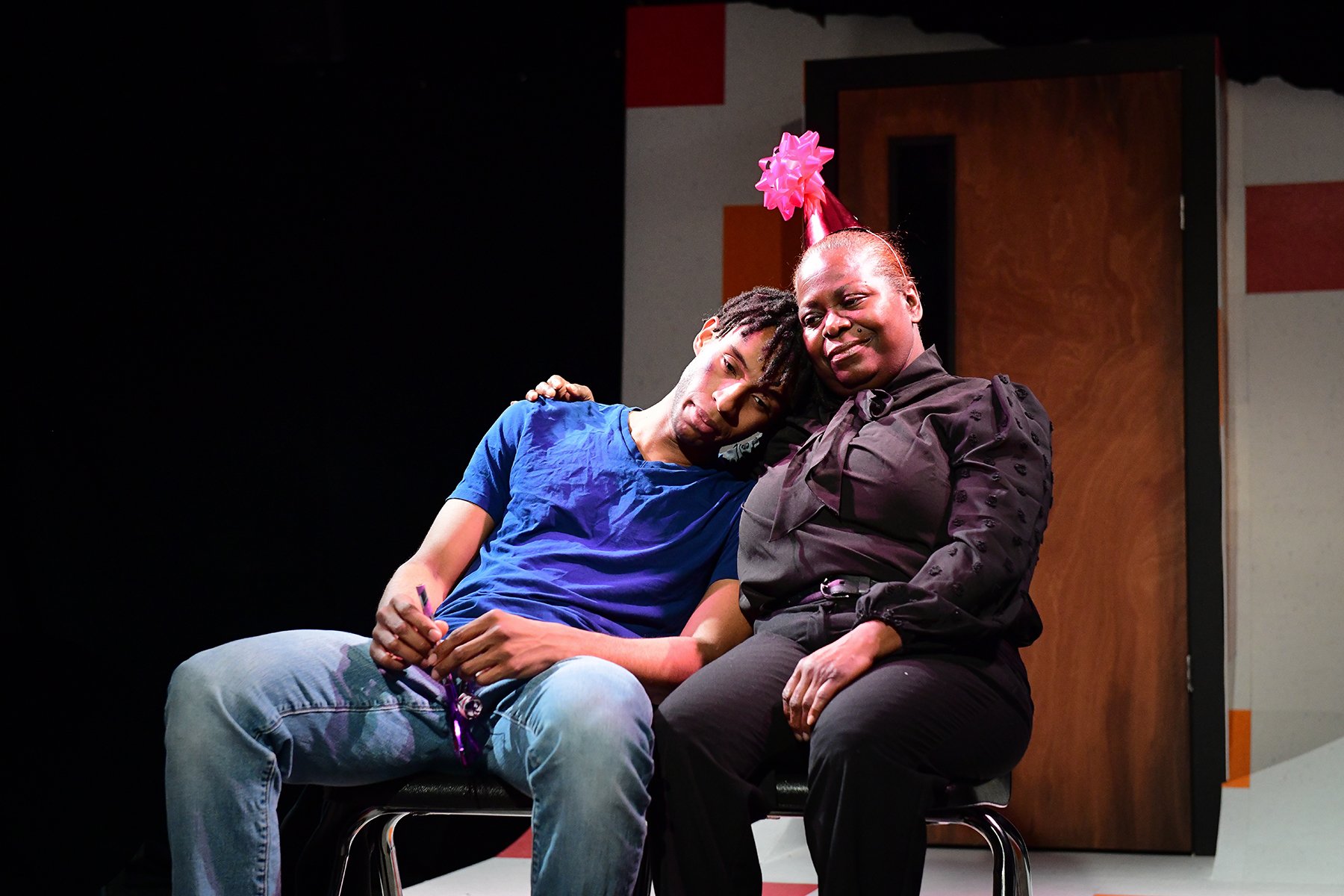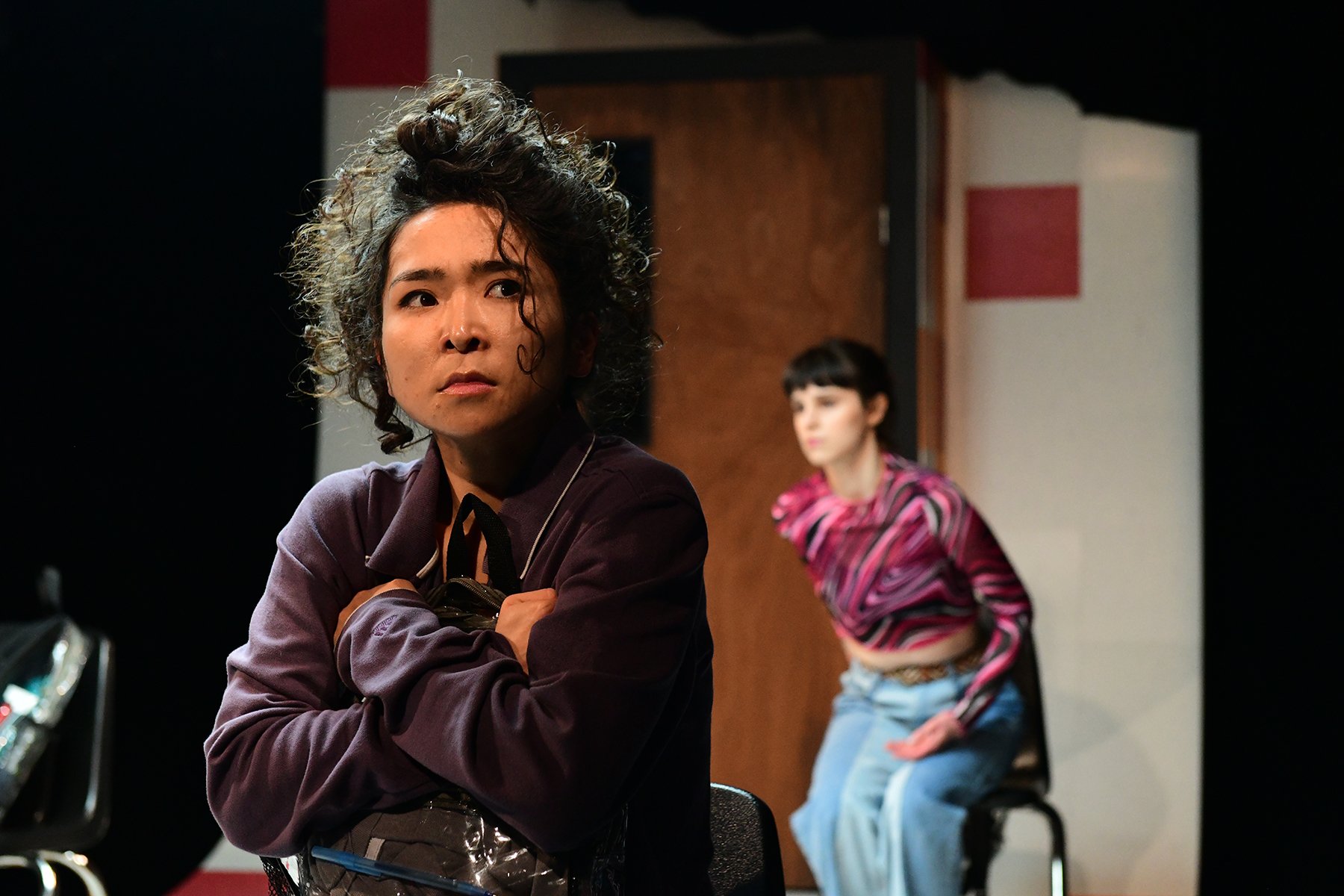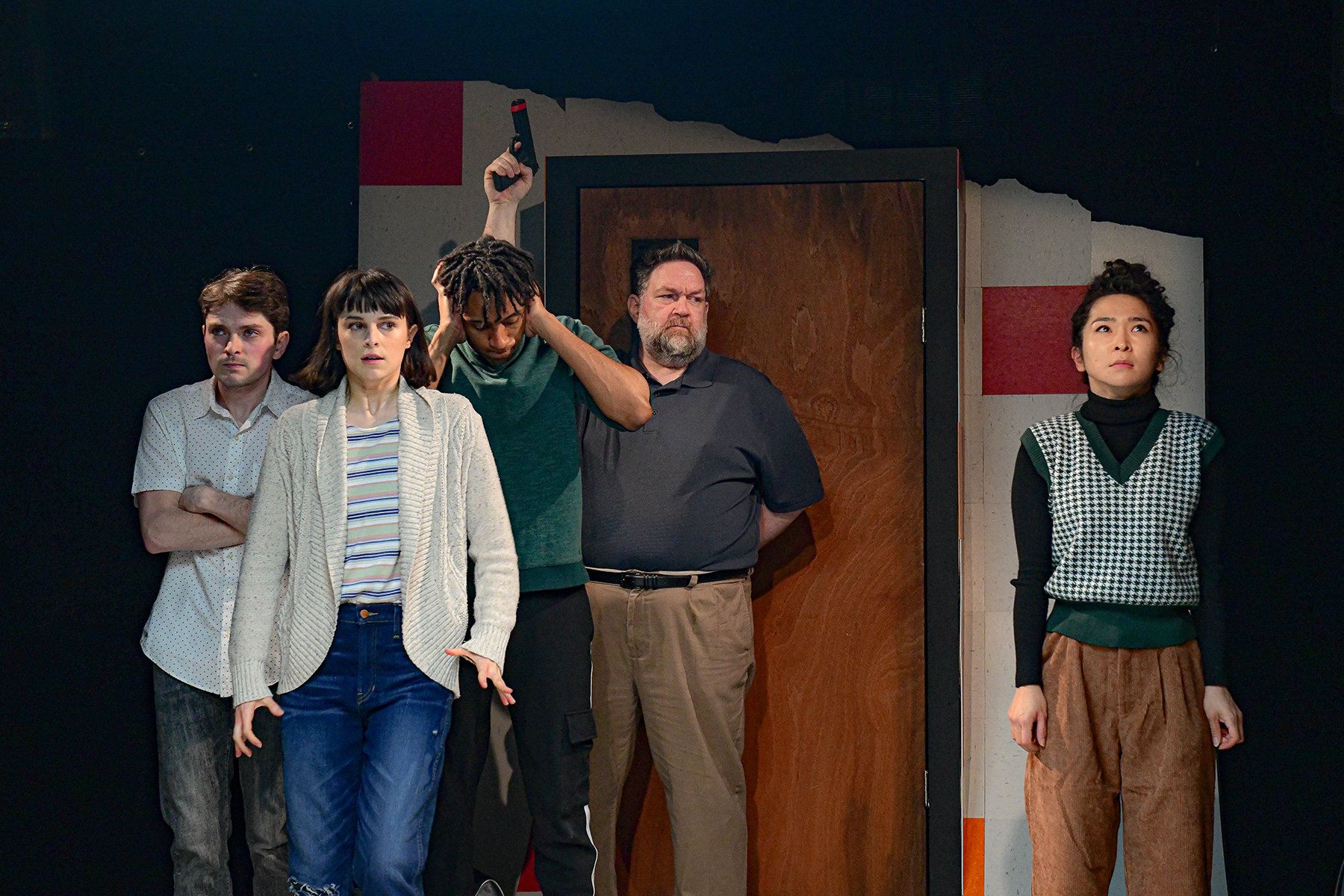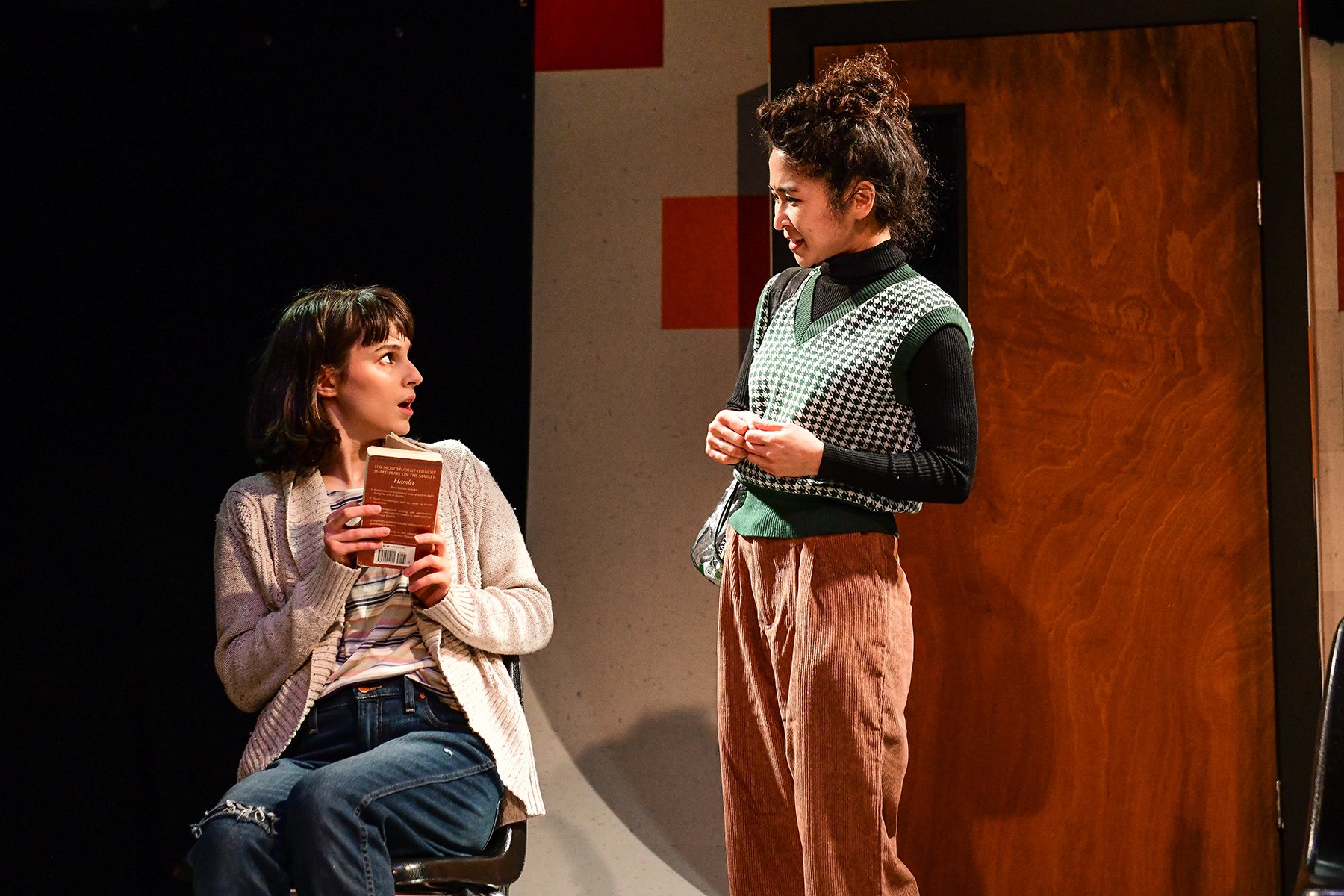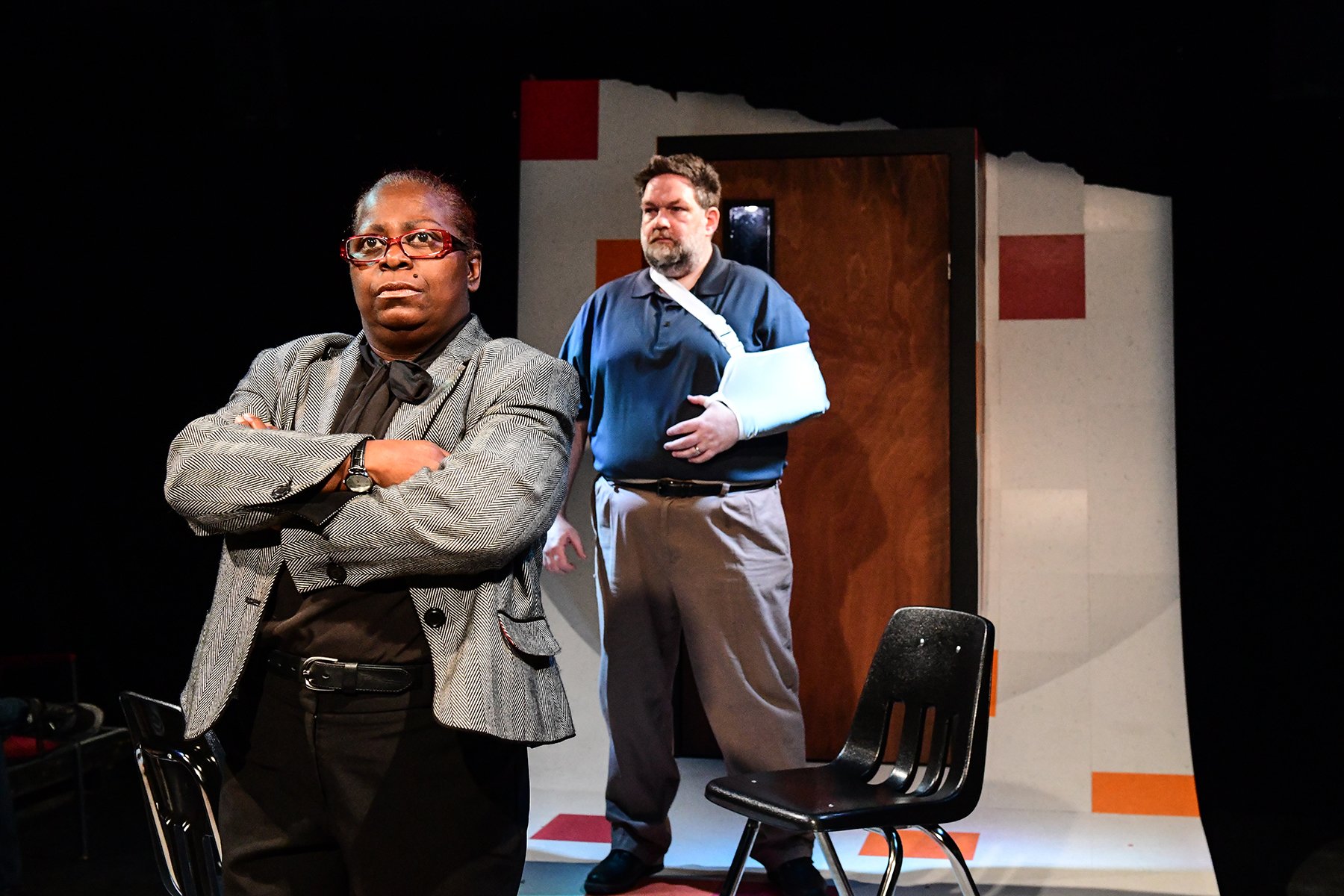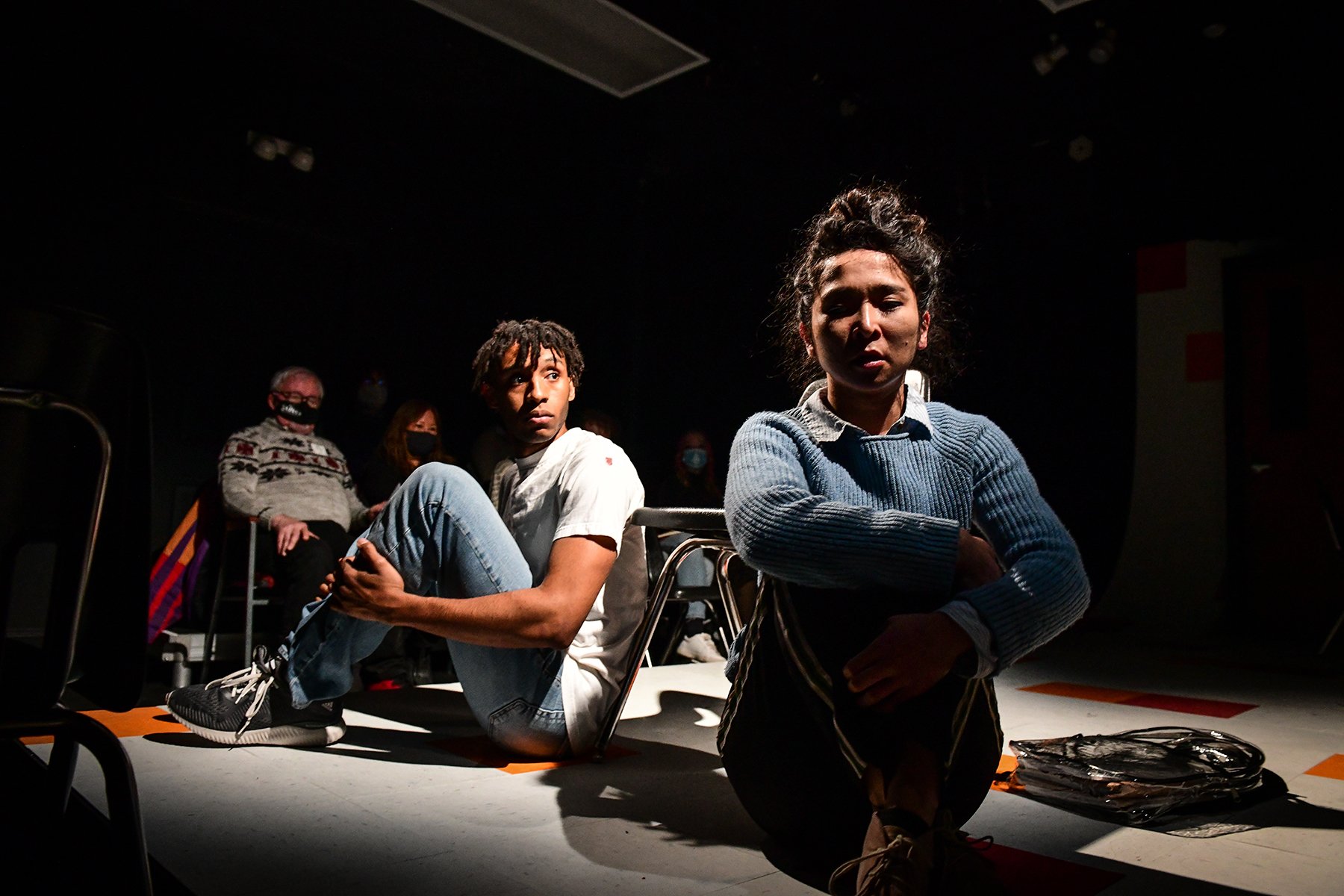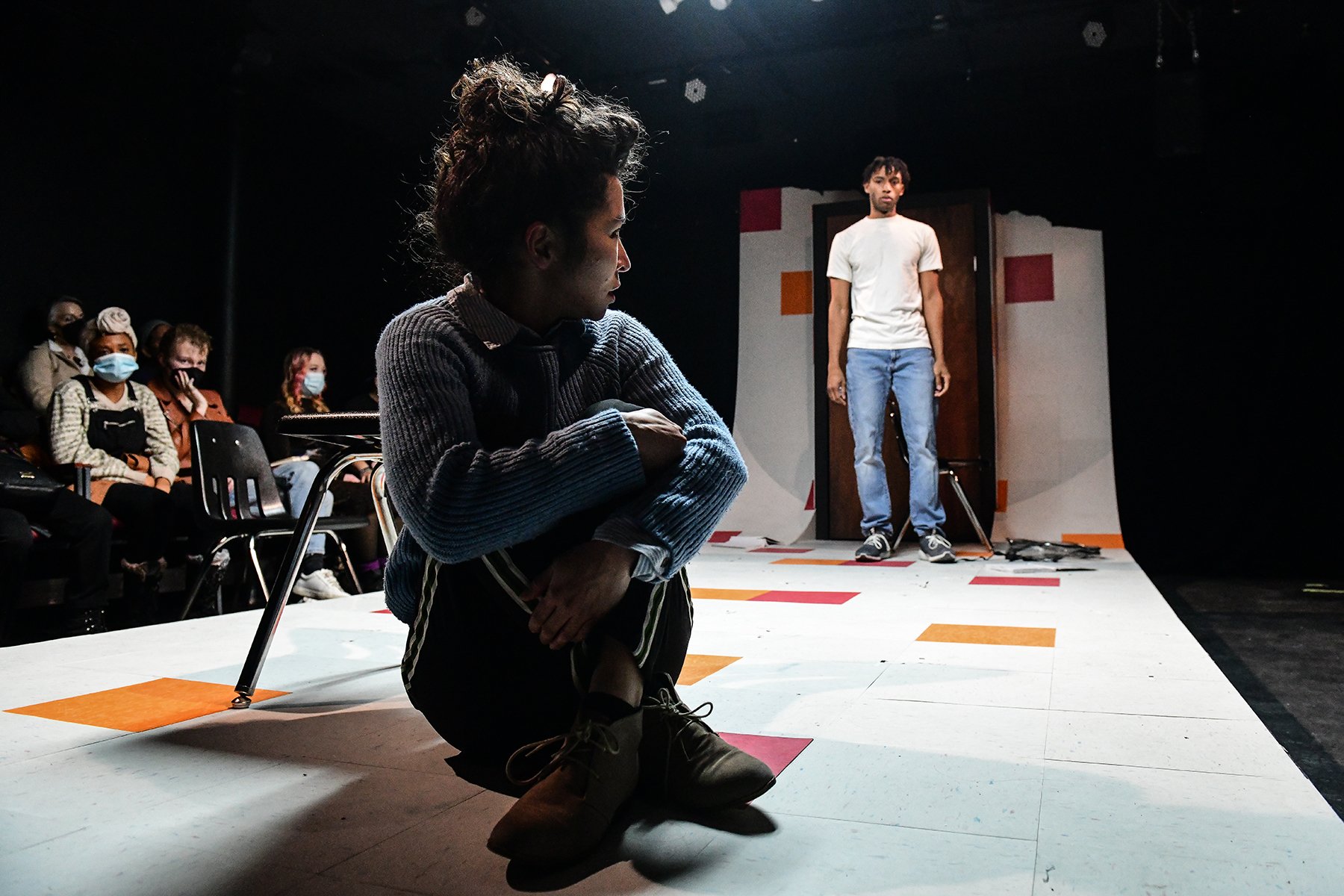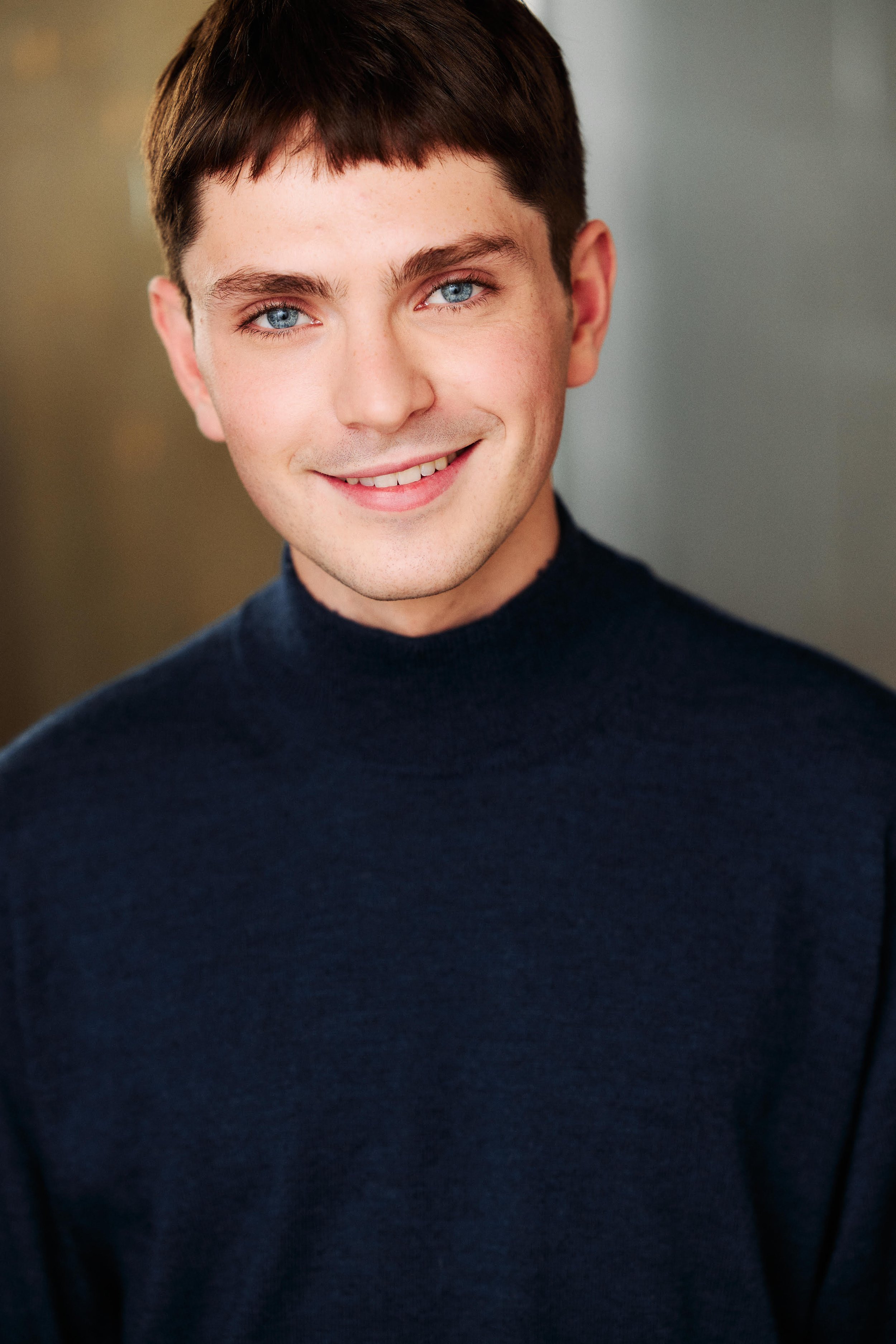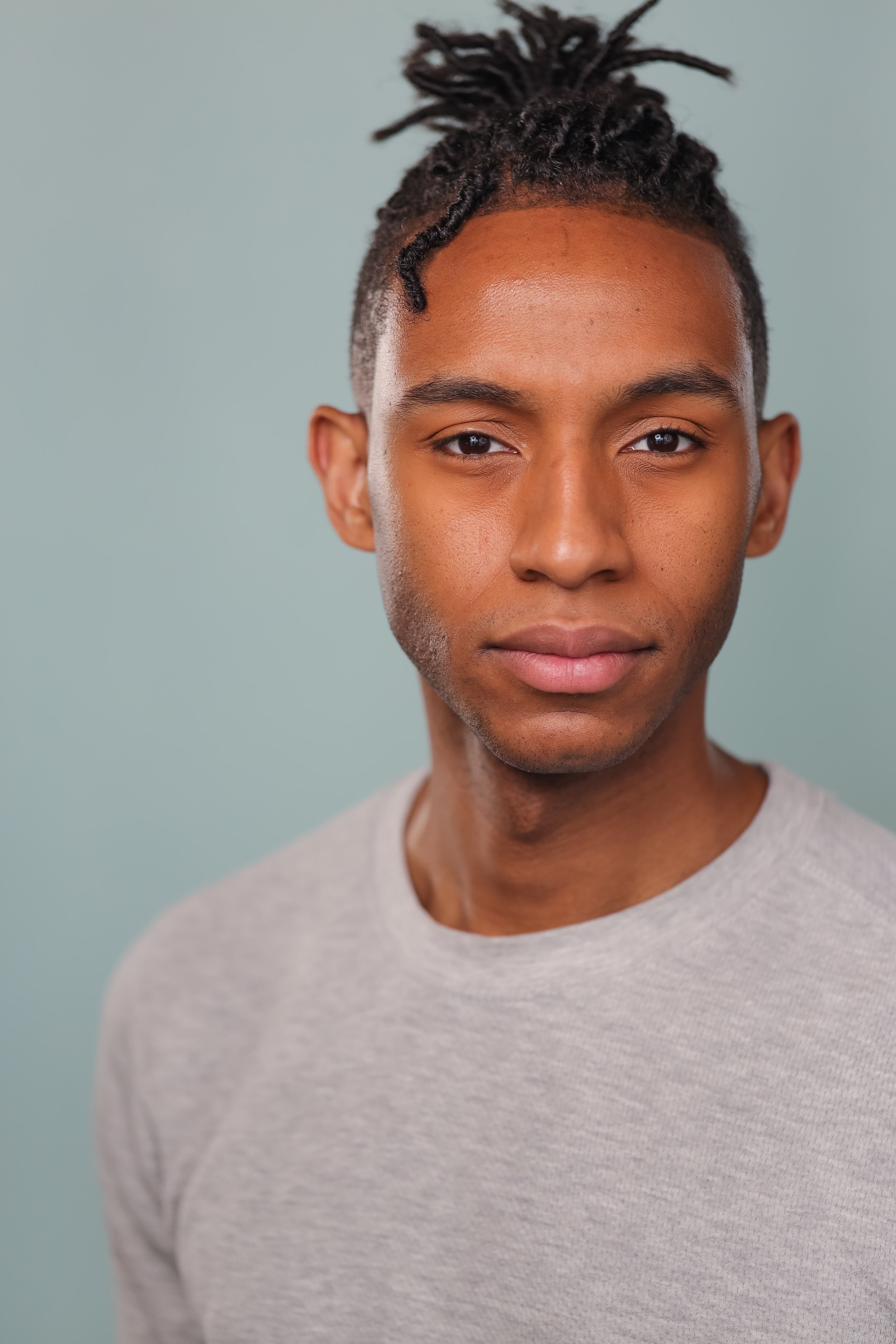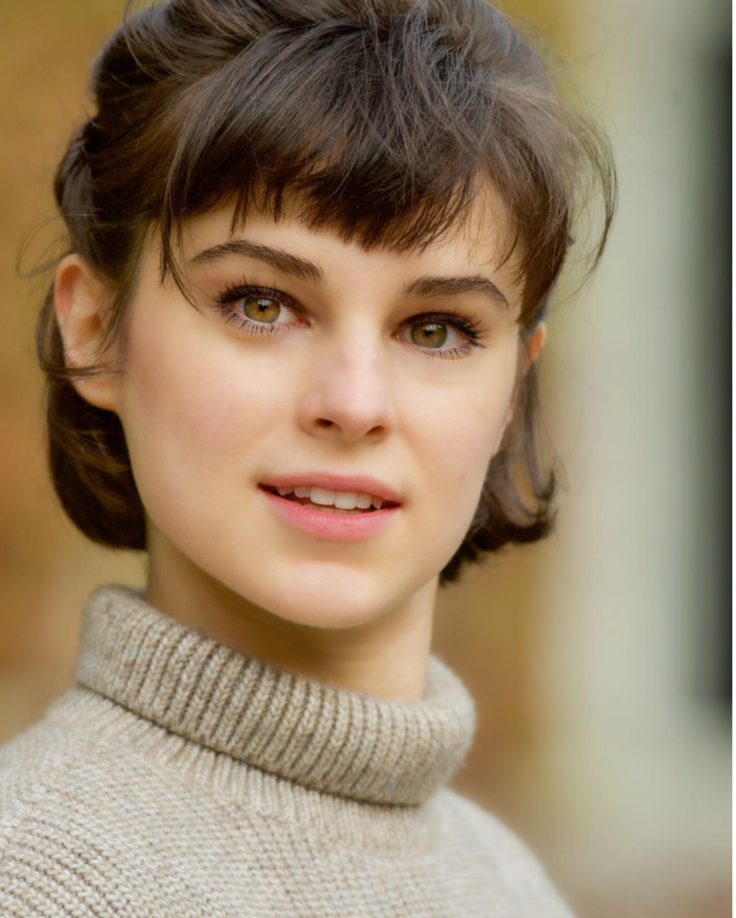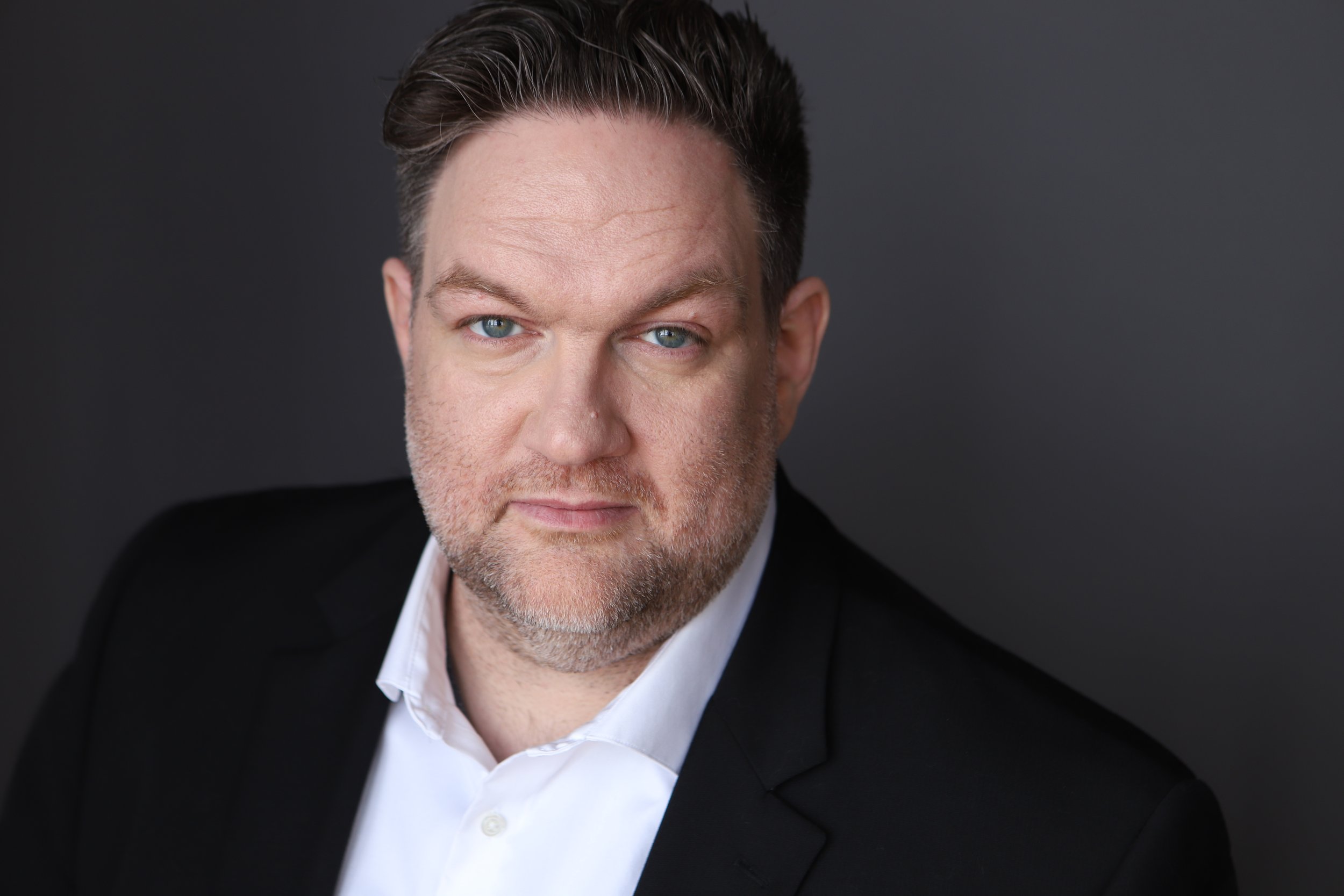Broken Nose Theatre: Where do you currently live? Do you have any connections to Chicago?
Eric Reyes Loo, playwright, This is Only a Test: I live in Los Angeles, CA. And I have zero connections to Chicago, other than college and grad school friends who live here. I only visited Chicago for the first time for the first week of rehearsals and fell in love with discovering a new city. The temperature was an adjustment. I’ve lived in Southern California for too long.
BNT: What first inspired you to write THIS IS ONLY A TEST?
ERL: I saw a report on MSNBC years ago about a school who was doing a school shooting re-enactment with their students as a way to prepare and desensitize them to violence, but from the report these students had all sorts of reactions. From true terror to not taking it seriously to using the drills as a way to do character work in preparation for the school play auditions. That was the basis for wanting to show four distinct reactions in four teenagers who were walking into these drills with their own history and trauma. I also wanted to understand what would make a group of adults think this was a good response to the violence that has become all too familiar in our schools. I have seen or read so many plays about school shootings that were from the POV of the shooter, which always made it about someone else, some place else. I wanted to explore what happens to a community and how we’re convinced that this is the right thing to do.
BNT: You created this play in a workshop with Moving Arts in 2015. How do you feel the national conversation around its central themes has changed in the proceeding years?
ERL: When I started writing this play, many people thought the premise of this play was a product of a playwright’s active imagination. This play is the product of intensive and surprising research. Now that the frequency of these shootings - and these trainings - are a bigger part of the public discourse, people understand that this really happens. Laws have to be on the books in order for these sorts of re-enactments to take place. None of this happens based on a principal’s or a superintendent’s whim. As a country, I think we understand that better now - only because of the frequency and coverage of these shootings. There’s so much more awareness now.
BNT: You've written your share of television. Has your experience in that medium affected how you approach playwriting? If so, in what way?
ERL: My work in television has only made me a more theatrical writer and a deeper explorer of the human condition. In both cases, I want to explore our intimate relationships with each other as friends, parents, siblings, and lovers. In television I get to do that as I explore the life of a character in real time. But in writing for the stage, I am more aware of the audience and how the action on stage affects them viscerally. I may hear from a TV audience via social media, which is incredible. But when a group of people have a collective experience and can share in the fear, laughter, excitement and emotion happening on stage, it unites them in a way no other medium can. Even if my characters don’t always break the fourth wall by speaking to the audience, I want what they’re experiencing in the play to break that fourth wall and touch the audience. It’s a unique, primal and essential experience we’ve had as a species for most of time. And it’s so necessary to our existence - to connect that way.
BNT: You joined us for the first week of rehearsal. Did anything surprise you about your own script as it came to life in the room?
ERL: So much surprised me. At a certain point, a play is as finished as it’s going to get on the page. Then the actors - especially when they’re able to connect to the experiences of their characters - make it something else entirely. And that’s what these actors have done. I was just surprised that it happened so quickly in that first week I was at rehearsal.
BNT: What conversations do you hope your play inspires for audiences as they head home from the theater?
ERL: I hope we think about what we’re doing to this country and to our young people in our efforts to protect them. It’s summed up in the incredible song from Into The Woods, “Children Will Listen.” Be careful, because these children are playing close attention. Because our four main teenagers do what they’re told and listen to what they’re instructed to do, their lives change in irreversible ways. I hope audiences see our responsibility in all of this - in the small ways we talk to our kids at home and in the larger ways their lives are affected by policy and decisions we make in their best interest. They’re looking for guidance from us and we need to do better by them. But I also hope we have done our job as storytellers by showing the comedy and the absurdity, along with the tragedy. And I hope they identify enough to want to figure out what we should be doing to keep our children safe, because what we’re doing isn’t cutting it.
